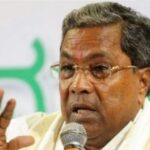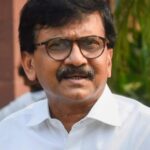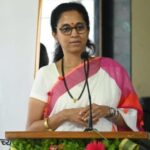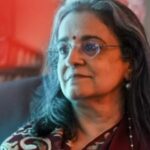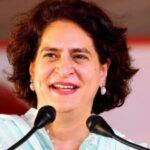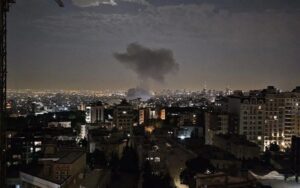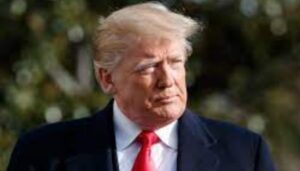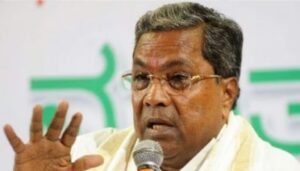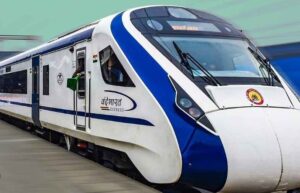
India Advocates for Permanent UN Security Council Seat at 16th BRICS Summit
Kazan, 24th October 2024: Advocating for India’s permanent seat on the United Nations Security Council, External Affairs Minister Dr S. Jaishankar emphasized the need for reform in established institutions to foster a fairer global order. He echoed Prime Minister Narendra Modi’s assertion that this is not an era of war, urging that global conflicts should be resolved through dialogue and diplomacy.
During his address at the 16th BRICS Summit in Kazan, Russia, Dr Jaishankar remarked, “BRICS exemplifies the profound transformation of the old order, while many past inequities persist, often taking on new forms. We observe disparities in access to developmental resources and modern technologies. It is crucial to acknowledge that the benefits of globalization have not been evenly distributed. The Covid pandemic and various conflicts have intensified the challenges faced by the Global South, making health, food, and fuel security pressing issues.”
He expressed concern that the world is falling short of achieving sustainable development goals and outlined steps for creating a more equitable global order. “We must first strengthen and expand independent platforms, providing broader choices and reducing reliance on those that may be manipulated. This is where BRICS can play a pivotal role for the Global South.”
“Second, we need to reform established institutions and mechanisms, particularly the UN Security Council, addressing both permanent and non-permanent categories. The working procedures of multilateral development banks are as outdated as those of the UN,” he added. Dr Jaishankar noted that India has been proactive in this direction during its G20 Presidency and is pleased to see Brazil continuing these efforts.
India’s aspiration for a permanent seat on the UN Security Council has garnered support from major world powers, including the US, UK, and France. Currently, the permanent members are China, France, Russia, the UK, and the US.
“Third, we must democratize the global economy by establishing more production hubs. The Covid pandemic highlighted the necessity for more resilient and shorter supply chains. Every region has a legitimate desire to develop its production capabilities for essential needs. Fourth, it is essential to rectify the global infrastructure distortions that stem from the colonial era. There is a pressing need for improved connectivity options that enhance logistics and mitigate risks, requiring a collective effort for the common good, with the utmost respect for territorial integrity and sovereignty. Fifth, sharing experiences and innovative initiatives is vital. India’s Digital Public Infrastructure, the Unified Payment Interface, and Gatishakti infrastructure have broader relevance.”
He highlighted several initiatives of mutual interest, including the International Solar Alliance, Coalition for Disaster Resilient Infrastructure, Global Biofuel Alliance, Mission Life, and the International Big Cat Alliance. “As a first responder to natural disasters, health emergencies, or economic crises, we are committed to contributing our fair share.”
Regarding conflicts in West Asia and Ukraine, Dr. Jaishankar stressed the urgent need for effective conflict resolution. “Prime Minister Modi has made it clear that this is not an era of war. Disputes should be resolved through dialogue and diplomacy. Agreements reached must be strictly honoured, international law must be upheld without exception, and there should be zero tolerance for terrorism.”
He acknowledged the situation in the Middle East as a significant concern, noting widespread fears that the conflict could further escalate in the region, severely impacting maritime trade. “The human and material consequences of further escalation are alarming. Any solution must be fair and sustainable, leading to a two-state solution,” he reiterated, reaffirming India’s long-standing position on the Palestinian issue.





